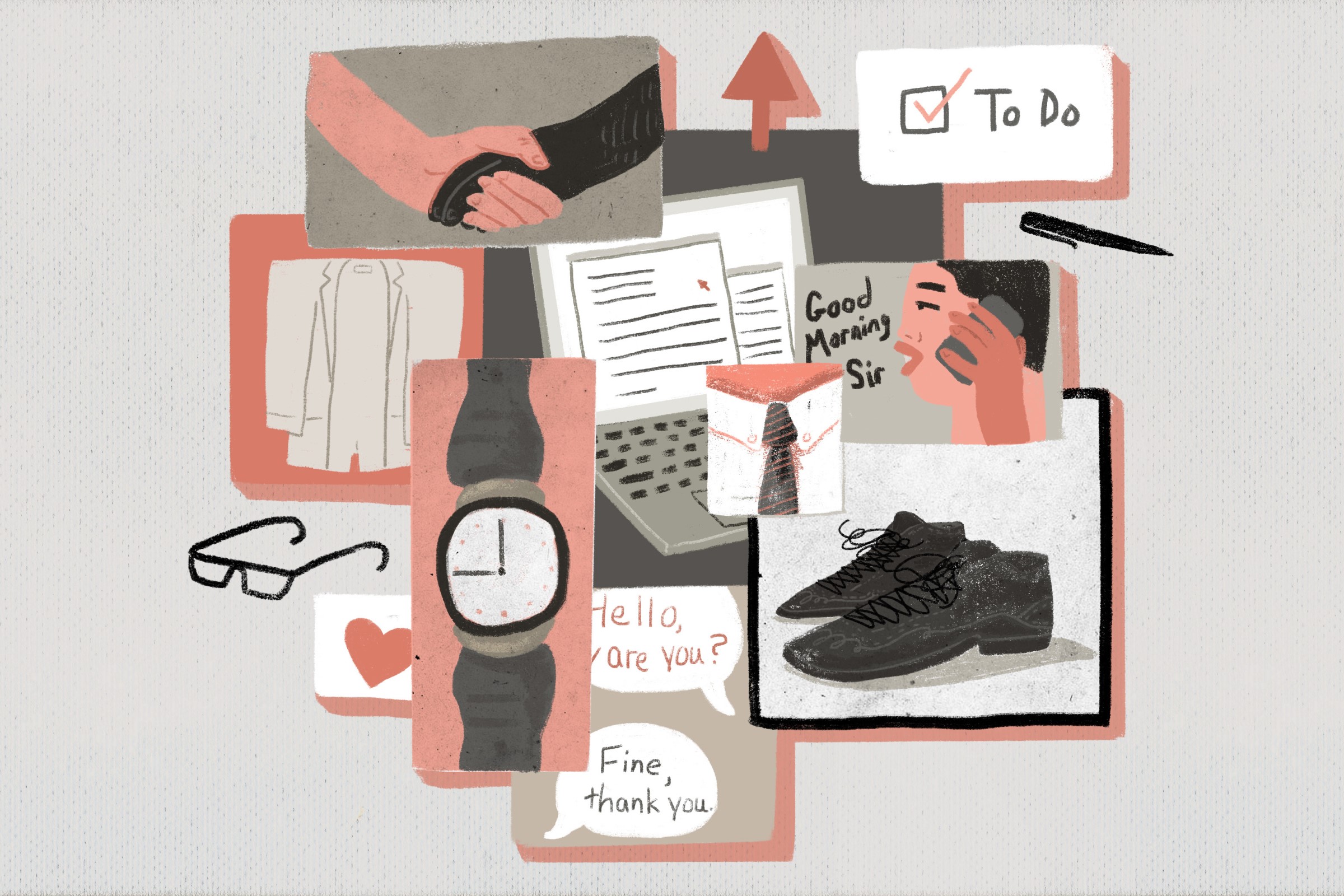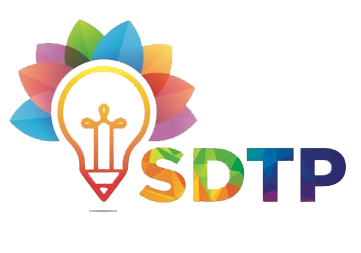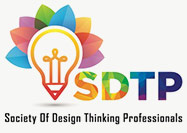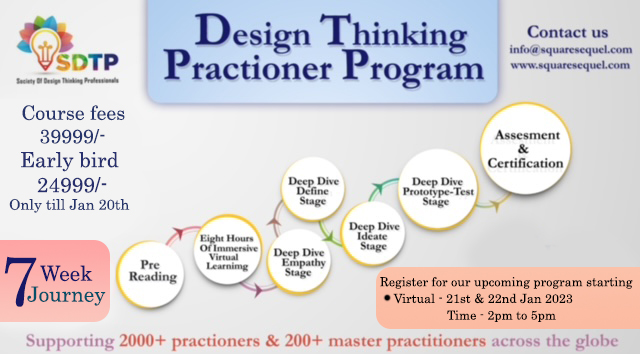Vaibhav has recently passed out of college and already has a number of interviews lined up. He was good at his academics, however, he is hesitant to see the uncharted trails to the requisites of the corporate world. Though he had excellent training and learning experiences in his college, he was anxious about transitioning experience to the new climate. While in school and college, there were fixed junctures of going from one class to the next, and now the uncertainty was setting in and he was not sure of his first right step.
While he was searching for inspiration from different sources, he suddenly remembered that one of his uncles is a vice president in one of the major corporations and he once told Vaibhav to reach out to him whenever needed. He quickly hopped to ring his uncle. Vaibhav poured his heart out in the conversation and told him about his challenges with a sense of direction. His uncle, Sivaranjan, asked him to meet. Vaibhav was on the time at the rendezvous point and making a list of questions.
They chatted for a bit and then Vaibhav parked the ball by asking him about the first right step to land in the unbeknown corporate world on his feet. The first thing that Sivaranjan said to him was, “You will learn a lot about the professional world, this world will shout out of what it is, and nobody will walk you through the concepts of what it is not.” So, let’s start by discussing the misconceptions or myths about the professional world or professionalism.
Many of us make inadequate career choices and live our entire lives believing it is too late to change. And thus crawl our inhibitions and preconceptions that our career would have parachuted to the pinnacles of glory if we had done it ‘this’ way.
Well-known Misconceptions/Myths About Professionalism

Handsome paycheck
Does earning good money make a person professional? Some people think the higher the salary, the higher the professionalism. They tend to measure professionalism on the basis of how handsome the paycheck is. Is it really the case, is it really justifiable to base professionalism on the number of zeroes on the paycheck and then keep blabbering around like real immatures in the workplace?
Credentials
If Isaac Newton had let that apple fall from the tree and never bothered to find out why, he would not have become one of the world’s most influential physicists and mathematicians, with laws of motion and universal gravitation to his name.
Intelligence + application = success.
Holding on to your intellect as if it were too valuable to share will never allow you to grow. Not all intelligent people are good professionals. It is critical to tap into your inner self and use your intelligence to produce results. As a result, intelligence implementation is equally important for being a better professional.
A Good College = A Good Professional Career
Tell that to Steve Jobs and Bill Gates, the two college dropouts who are the faces of the greatest technological inventions in computer history. People are the building blocks of any organization, not the other way around. There are many people who are not successful in any college portfolio but lead a successful career. The unprivileged do not have access to the best education, however, this does not preclude them from accomplishing their objectives and excelling in their professional careers.
If you hire a house cleaning service, only to find out that he is not considering hygiene to be an important factor in the cleaning process. He has an honorary badge on his shirt claiming he is certified and authorized to do the job. Well, would you consider him calling again for the services? Probably not, why?
He certainly had the credentials to do the job, however, he kept at bay the most important factor while cleaning, hygiene. So would you call him a professional? Neither you would call him that or call him back for the services.
What is Professionalism?

Professionalism is defined as someone’s behavior, conduct, and attitude in a work or business environment. Regardless of any specific profession, a person should demonstrate the important qualities and characteristics of a professional. Professionalism leads to workplace success, a solid professional reputation, and a strong work ethic and level of excellence.
Employers who hire college graduates were asked which professional competencies were essential to workplace success in a recent Career Readiness study conducted by NACE (National Association of Colleges and Employers). Professionalism/work ethic ranked first, with 97.5% of respondents identifying it as “absolutely essential” or “essential” for the success of a new college hire.
In his book, True Professionalism, David H. Maister, a former Harvard Business School professor and author of business management practices, discusses professionalism, saying that “professionalism is not a label you give yourself— it’s a description you hope others will apply to you.”
Companies are looking for professionalism when they say they want to hire communicative, dependable, tactful, and pleasant candidates. Employees who demonstrate professionalism are valued by their employers.
Eminence of Professionalism

Professionalism at work is crucial and is an essential element for a successful career. Organizations emphasize the importance of professionalism because long-term relationships and fruitful interactions with customers or clients contribute to the achievement of company objectives and goals. Managers who exhibit professionalism or professional behavior set appropriate examples of work ethics and workplace conduct for their coworkers and employees, even internally.
Factors to Highlight the Need for Professionalism in Life and Work
Encourages Personal Development
Professional development is all about getting new experiences and learning new skills. Personal development, on the other hand, is the process of assessing those skills and knowledge and using them to set life goals as well as maximize your potential. Professionalism goes side by side with enhancing professional development and personal growth. Furthermore, professional work environments promote professional behavior and appropriate workplace conduct.
Enhances Respect
Taking the high road isn’t always easy, especially when someone else misbehaves or crosses a line. Professionalism serves as a reminder of how to keep your personal feelings separate from your professional behavior. Professionalism at work fosters respect for even those who are disrespectful.
Establishes Appropriate Boundaries
It is critical to establish appropriate workplace boundaries. Professionalism at work aids in the separation of business and personal lives. Professionalism emphasizes what is considered appropriate workplace behavior and what is not. Employees who behave professionally will be able to avoid crossing boundaries in interactions or conversations with coworkers.
Accountability
Professionalism aids in the introduction and maintenance of accountability in the workplace. For example, if you send an email in addition to verbal confirmation of a project, you are assuming responsibility for it. This will demonstrate your dedication to the project, its objectives, and deadlines. This will also aid in the establishment of trust with your client or customers.
If you haven’t already established strong working relationships that can be relied on to last and deliver results when needed, now is the time to do so. According to research, your ability to empathize with, connect with, and influence others is a critical skill for success. It is critical to be aware of the beliefs, biases, and mindsets that may influence our behavior. It is also critical to cultivate relational maturity that reflects our values and supports our vision. We have to think and behave rationally to sustain any progress we make.
Attributes of Professionalism

Professionalism demonstrates that there is more to work than simply meeting targets. It aids in the development of a plan for continuous improvement. You can discover the advantages of working ethically and treating everyone with respect in the workplace.
Maintain A Professional Image
Having a professional presence at work is a good way to demonstrate your professionalism. In other words, it helps if you dress and groom properly and arrive on time. Employees are the image of a company. It’s a good idea to dress appropriately. Client meetings are excellent examples of occasions to dress to impress.
Maintain Effective Work Habits
You have to make it a habit to excel at professionalism. When you are professional throughout your work, you are better able to prioritize goals and plan and manage projects. Follow up with your team manager or leaders to receive feedback and track your progress effectively.
Show Integrity
Everyone makes mistakes at work. However, admitting your error and holding yourself accountable is a core characteristic of professionalism. You demonstrate integrity and emotional maturity by accepting responsibility for your actions. Workplaces value those who are willing to address, accept, and work on their mistakes.
Manage Your Time
You have to be careful about making the best use of your time, you will miss deadlines and tasks. Prioritization and planning goals are part of a professional attitude. When you set priorities at work, you can meet your deadlines more efficiently.
Communicate Effectively
Effective communication is often referred to as the “bridge between confusion and clarity.” It is a beneficial exercise for improving communication skills. Whether it’s online or in person, keep practicing and developing effective communication skills. Allow your words to impact your audience and convey your thoughts in a well-structured and compelling manner.
Develop Self-Awareness
Being able to manage your emotions is one of the primary signs of professionalism. Learning how to develop self-awareness can assist you in identifying emotional triggers and better managing your reactions. Furthermore, when you receive feedback, learn how to recognize and apply the information. This will help both your personal and professional development.
Ways To Exhibit Professionalism At Work

- Be an active and attentive listener, ask questions when necessary, and observe tiny details.
- Keep upgrading and developing your knowledge and skills. Always be prepared to experience a flare of changing industry standards.
- Punctuality is a proven way to showcase one’s professional attitude.
- It is always appreciated when information is available in an organized way irrespective of the work from the office or home.
- It is quintessential to have good email and phone etiquette. Speaking respectfully over the phone is one way of effective communication.
Professionalism isn’t always a trait that some people have and others don’t. It’s a cultivated skill, and we can master the art of being professional by adopting professionalism’s characteristics. Let us strive for excellence and exceed expectations! While Vaibhav was soaking in all the information about professionalism, Sivaranjan was gleaming in delight wondering if he should write a book to help every candidate who sets for his journey from campus to corporate.
https://harappa.education/harappa-diaries/what-is-professionalism-at-work/
https://yourstory.com/2014/03/professional-success-myth/amp
https://career.vt.edu/develop/professionalism.html
https://blog.doist.com/wp-content/uploads/2019/10/productivity_myths_feature_image.png
https://www.insperity.com/wp-content/uploads/teach_professionalism1200x630.png
https://wsss.org.nz/wp-content/uploads/2020/10/developmet.png
https://cdn.dribbble.com/users/6024852/screenshots/15543808/talking_4x.jpg
Written By: Jimmy Jain
Edited By: Afreen Fatima
Society of Design Thinking Professionals









